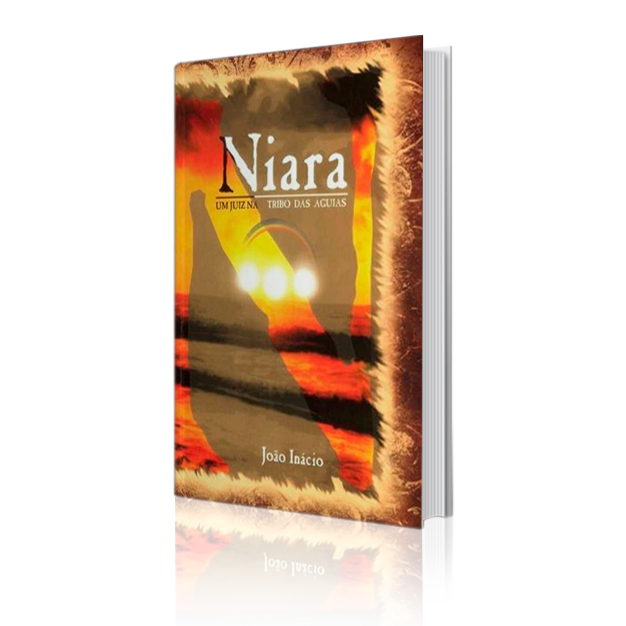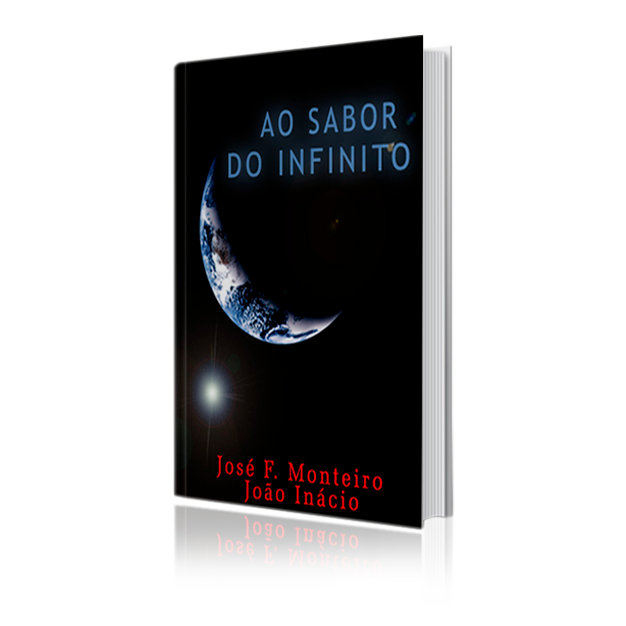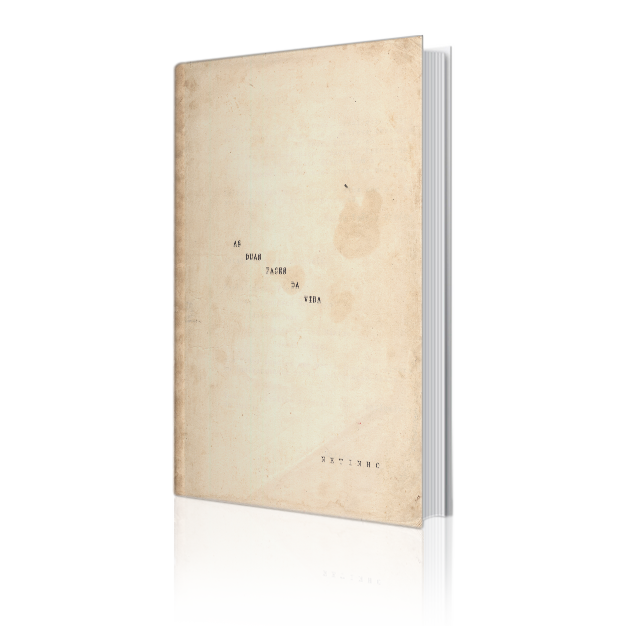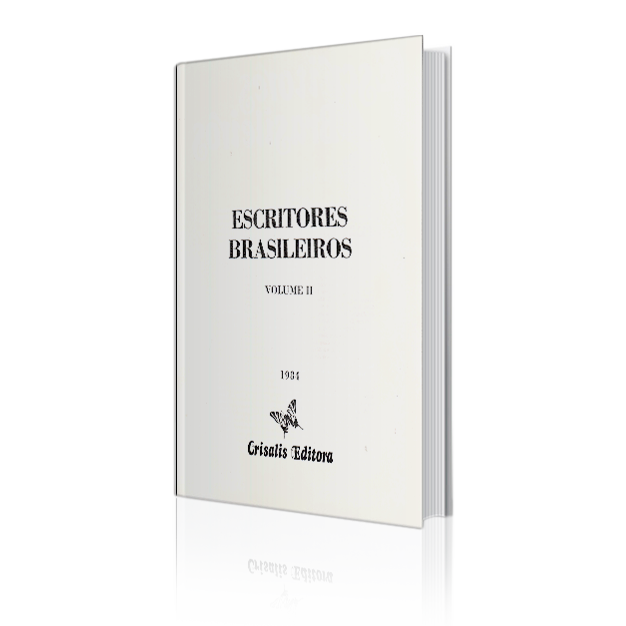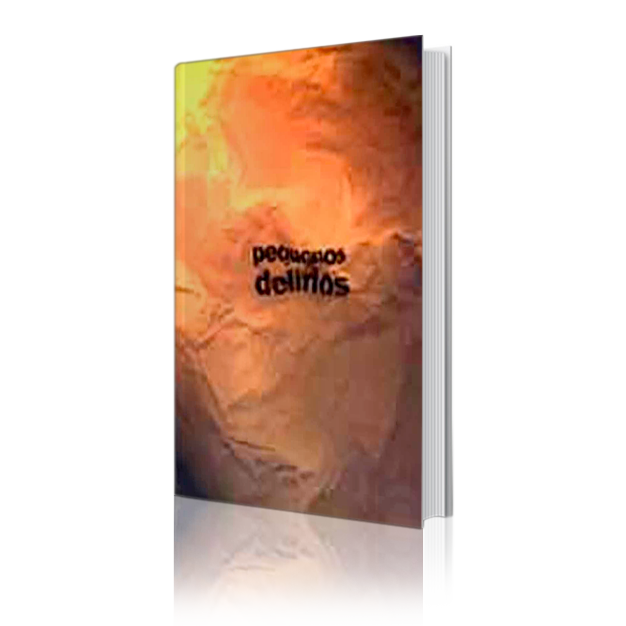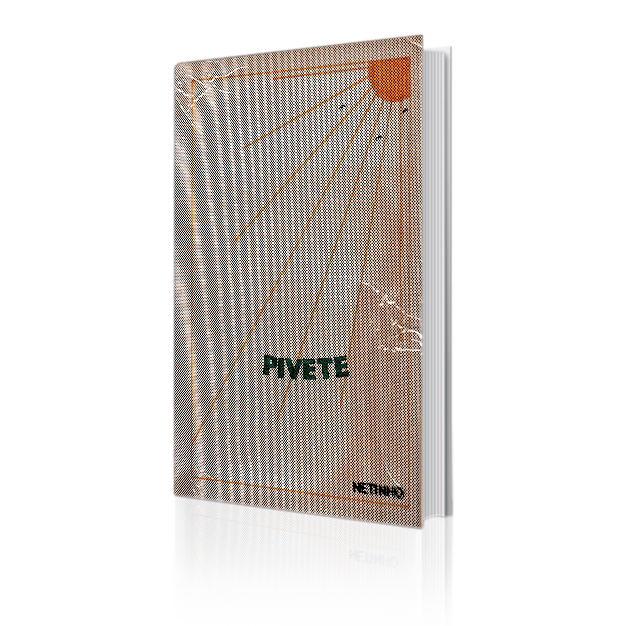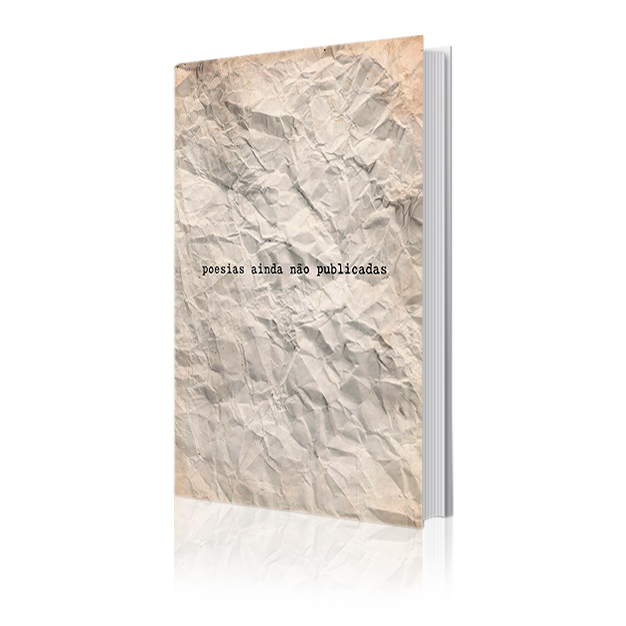Since I was a little boy I was inventive in everything I did, but I didn’t saw it as art. Actually, I am not sure if art was my anchor or my escape route, but I know for sure that, when my Father died and we all went to live in Rio de Janeiro, the cultural shock was horrible. Abruptly, I was no longer João Inácio, Joãozinho, but now as an insult “Pernambuco.” It was odd. I wasn’t ashamed of being from Pernambuco, but I felt all that socio-cultural prejudice against northeasterners, and felt how this had the capacity to hurt me and form my personality. If as a child I was already insecure, now I was worse. However, even though all of this was very hard, here I needed to write so I that didn’t blow up. I never was that much popular in school. On the contrary, at one point they called me “forty four” because there were already other forty three nicknames for me. I know that each child has its own unique way to respond to what we now call bullying. In my case, I always got so sad, and even today when I remember some of the nicknames they gave me, I don’t have the best feelings.
Bullying is a real thing!
But, as always, God yet another time showed me how He can turn evil in good. As it was in my childhood, is now and will continually be, a teacher came out of nowhere and brought light to my particular chaos. I really don’t recall exactly the day, but the teacher Luiz Sebastião, portuguese teacher, once read something I had written and not only saw my worth but also encouraged me to keep writing. He was a poet of the best kind, well respected within the school, and didn’t get tired of revising and suggesting change on my first essays. Teacher Luiz introduced me in his poetic world and I was amazed with his poetry, and also with the poetry of other famous poets, like Vinícius de Moraes, Ferreira Goulart and Manuel Bandeira. Interestingly, as I read the poems of these great writers I saw that what nourished thay poetry also nourished mine: the pain, the suffering, the tears.
Today I comprehend, but at the time all that suffering seemed to have no purpose at all.
Months later, in 1975, I got classified in second place to the 1st Mace Poetry Contest, in Duque de Caxias, Rio de Janeiro. As a fruit of the encouragement and of the work of this honourable teacher, in 1979, my first poetry book As duas faces da vida [The two faces of life] was born. Soon after, together with my friend José Francisco Monteiro, we wrote the science fiction Ao sabor do infinito [To the taste of infinity]. The books got material form by the process known as “cachacinha” (copies made by an old mimeograph that worked with alcohol). My sister Maria inácio (Kinha), the person who most encouraged me, typed carefully all of my texts and made one by one the booklets, manually, glueing page by page, so I could sell them to the people in my school. In 1981, I wrote another poetry book, O poder da Criação [The power of creation], that years later was reprinted by the name Pivete[Pipsqueak]. Therefore, through art, poetry, the prejudice was won and I stopped being “Pernambuco” to be known as Netinho, a pseudonym I assumed for various years.



In Brasília, in 1983, I met the poets Anand Rao, Zunga and Estela Rodopoulos, and with them we created the 1st Meeting of Independent Poets. In the following, in 1984, I entered the contest of Editora Crisalis and was chosen to be in the next edition of Escritores Brasileiros. In the delusional thays of youth, influenced by Manuel Bandeira, I wanted to live in Pasárgada, because I thought that there I would be a friend of the king, but that never happened. I didn’t go to Pasárgada, but I created a imaginary place called Niara and Years later, in 1999, I wrote a young adult fiction book – Niara: um juiz na tribo das águias [Niara: a judge in the eagle’s nest]. This book gave me so much joy.
A special friend, Valter Júnior, who is blind, asked me for the original file of the book, so that his “computer could read it to him.” (That for me was a real novelty. I had no idea there were softwares that read books to the blind.) By pure coincidence, a well known radio presenter called Paulo César Bonaldo, had sent Valter and e-mail offering himself to read books and poetry to help those who couldn’t see. Valter sent me those audios, I really liked what I had heard, so I started to do the sound mixing, and in the we had an audiobook. Today this is common, but at the time it was a great novelty and helped a lot of blind people that didn’t have internet. Walter and I heard touching stories about it. We already worked a lot on the sequel and its name will be À procura de Imago [Searching for Imago].
In the following year, because of my College friends, I also was part of the poetry anthology Pequenos delírios [Small hallucinations]. The poems got more and more rare, but I not the poetic understanding of the world around me. As I started studying cinema, all this experience slowly resulted in what is now one of my favourite activities… writing screenplays. I had a lot of short and full lengths rightly registered awaiting the wright time to go to the screens.
To write is a gift and I am grateful to God for this habillity and because He used so much people, especially my teacher Luiz Sebastião, so that today I could have a certain domain of this technique. Here all the poems exposed are my, with the exception of two: Canções de Santo Amaro e Isabel. The first one is an anthology on poems by my late father-in-law, and the second one is a publication of the journal of my mother-in-law in her last days, when she was undergoing a terrible cancer.
BOOKS
Click on the covers to acess the content









